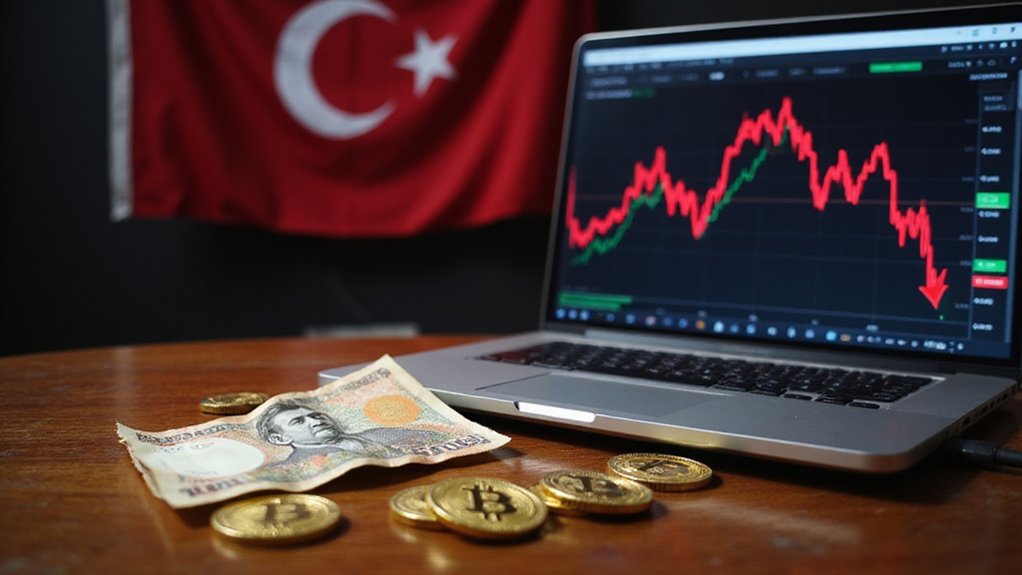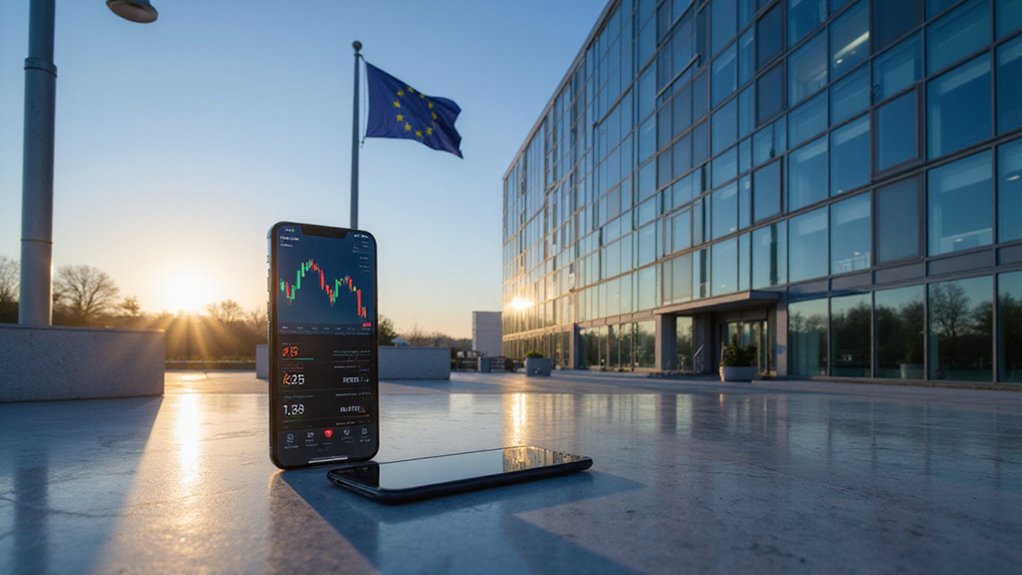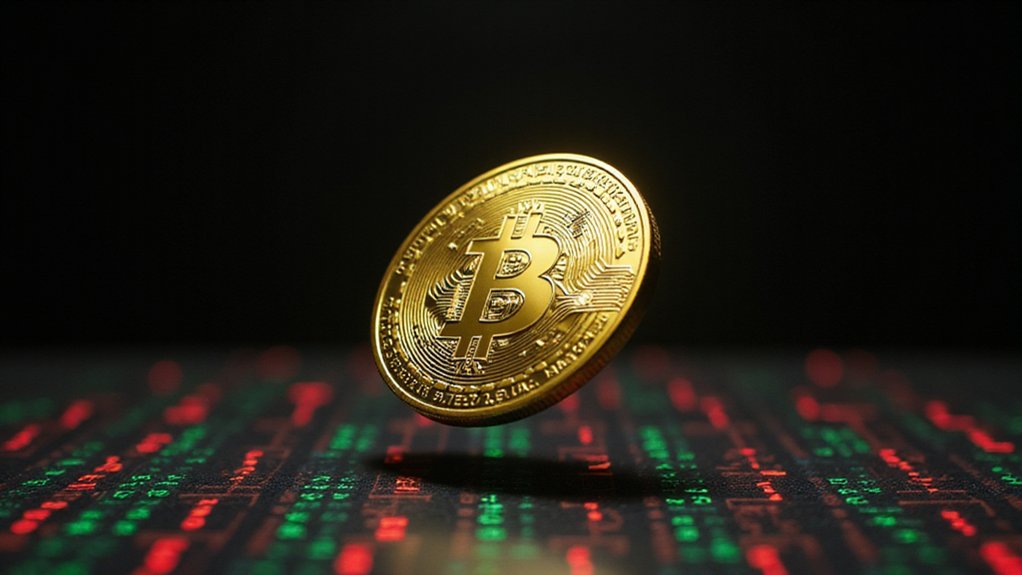While Turkey’s citizens have increasingly turned to cryptocurrencies as a hedge against their rapidly depreciating lira, Ankara has responded with what can only be described as regulatory overkill—a detailed framework that subjects Crypto Asset Service Providers to capital requirements so onerous that custodians must now maintain 500 million Turkish lira (~$13.7 million) in minimum capital, nearly four times the amount required for exchanges.
The Capital Markets Board‘s March 2025 framework reads like a masterclass in bureaucratic detail, demanding that CASPs incorporate as joint-stock companies with shares issued in cash and registered by name—because apparently, the traditional opacity of Turkish corporate structures needed rectifying, at least in crypto.
Founders must demonstrate financial integrity and spotless criminal records, a revitalizing departure from the Wild West mentality that previously characterized Turkey’s digital asset landscape.
Transaction monitoring requirements border on the obsessive: every crypto transfer must include a minimum 20-character note (brevity being the enemy of transparency), while platforms must maintain detailed records of even failed transactions.
The $425 threshold for KYC verification seems almost quaint compared to the daily $3,000 stablecoin limits and monthly $50,000 caps—constraints that effectively transform what should be seamless digital transfers into exercises in financial planning. These restrictions specifically target stablecoins, which are designed to maintain price stability against traditional currencies, making them particularly attractive during periods of currency devaluation.
Perhaps most tellingly, withdrawal delays of 48-72 hours have been imposed, ostensibly to prevent illicit transfers but practically ensuring that crypto’s promise of instant settlement becomes as mythical as the lira’s stability. Notably, custody services can now only be provided by banks and other authorized institutions, further centralizing control over digital asset storage.
Users must now declare the source and purpose of transfers, transforming simple asset movements into paperwork exercises worthy of traditional banking. Platforms must maintain liquidity reserves equivalent to 3% of customer assets under custody, adding another layer of financial obligation to operational costs.
The irony is palpable: as inflation erodes purchasing power and citizens seek refuge in digital assets, regulators have constructed barriers that make accessing these alternatives increasingly cumbersome.
While the framework certainly addresses legitimate concerns about money laundering and market manipulation, one wonders whether such extensive oversight might inadvertently push activity toward less regulated jurisdictions.
Turkey’s approach reflects a broader tension between protecting consumers and preserving innovation.
The question remains whether this regulatory fortress will ultimately safeguard the market’s integrity or simply relocate Turkish crypto activity beyond the CMB’s ambitious reach.









